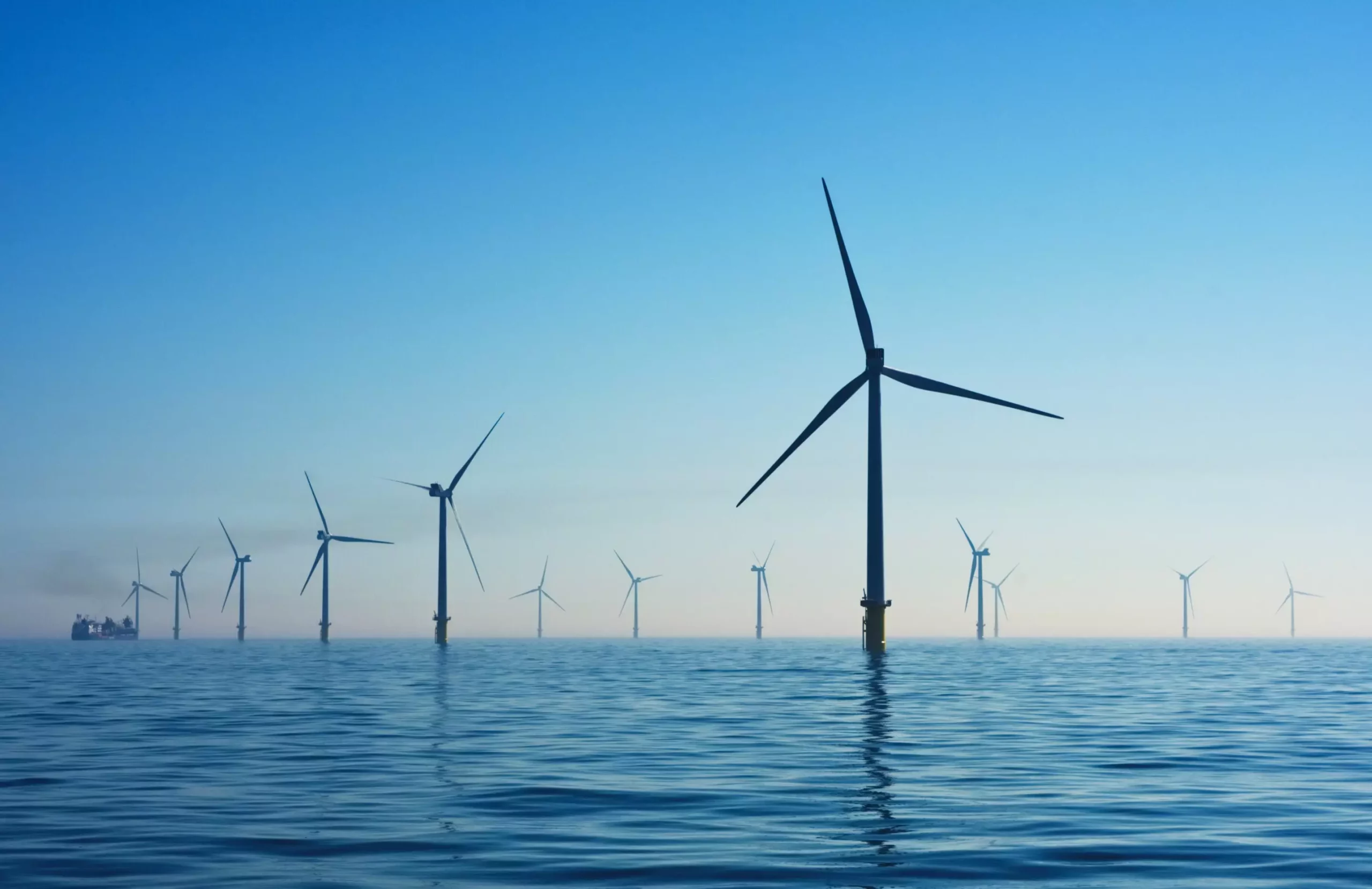In the ongoing dialogue about offshore wind energy, Nantucket has become a focal point for both environmental advocacy and contentious policy decisions. Residents, organized under a nonpartisan community group known as ACK For Whales, are making headlines by appealing to the Supreme Court regarding a lower court ruling that allowed expedited approval of offshore wind projects without properly assessing their environmental consequences. This rising legal conflict emerges from concerns that the ongoing rush towards renewable energy may overlook critical evaluations of the ocean ecosystem, particularly those that pertain to endangered species such as the North Atlantic right whale.
This situation escalated dramatically following a high-profile incident involving Vineyard Wind, where a turbine blade suffered a catastrophic failure in July. The ramifications of this occurrence have not only rattled the community but have also intensified scrutiny over federal procedures used to approve such offshore energy projects. The stakes are high, with local advocates fearing that insufficient oversight could lead to devastating impacts on marine wildlife as well as potentially destabilizing the ecological balance in marine habitats.
Central to the legal arguments presented by ACK For Whales is the assertion that federal agencies, including the National Marine Fisheries Service, failed to adequately uphold the requirements of the Endangered Species Act (ESA). The 62-turbine Vineyard Wind project, representing a significant leap in the country’s offshore wind capacity, was expedited under federal permissions that the community alleges ignored the need for robust scientific data and comprehensive ecological assessments. The appeals court had dismissed claims that current permitting processes violated the ESA, sending shockwaves through the local community and sparking a new wave of activism aimed at reconsidering these approvals in light of ecological evidence.
Vallorie Oliver, president of ACK For Whales, articulated outrage over the apparent disregard for established environmental laws. According to her assessment, the situation embodies a concerning trend where political expediency takes precedence over scientific integrity. The implications of such actions resonate beyond local shores, indicating broader systemic issues where energy policymakers may potentially overlook the very frameworks designed to protect vulnerable species during their rush toward renewable energy initiatives.
The legal trajectory of this battle has significant implications. The group’s attorney, Nancie Marzulla, references the Supreme Court’s Loper Bright decision, which expanded judicial powers to challenge the interpretations made by federal agencies with regard to legislative requirements. This shift signifies a potential turning point, allowing courts to critically assess the validity of federal interpretations rather than automatically deferring to them. Marzulla’s declarations underscore the belief that the panel handling ACK For Whales’ case sidestepped essential legal frameworks established under the ESA.
By framing their appeal as a case testing the limits of agency interpretations of the law, ACK For Whales seeks not only to change the fate of offshore wind projects but also to influence how governmental agencies conduct environmental impact assessments moving forward. Their petition underscores the need for greater accountability in the decision-making processes that directly affect both local communities and endangered species alike.
In the broader context, the appeal raises critical questions about the intersection of environmental health, community rights, and the urgent need for clean energy alternatives. While the push for renewable energy is paramount amid the current climate crisis, the rapid implementation of offshore wind projects must be balanced with thorough ecological assessments, especially concerning the habitats of endangered wildlife. The perspectives of local fishermen and residents, who find their livelihoods intertwined with the health of marine ecosystems, add another layer of complexity to the debate.
The actions of ACK For Whales reflect a growing call for a moratorium on all offshore wind development until comprehensive studies can reliably illuminate the ecological ramifications of such projects. The nuances of this battle demonstrate the challenges arising when immediate political and infrastructural ambitions collide with the long-term sustainability of both human and ecological communities.
As Nantucket stands at the crossroads of renewable energy development and environmental preservation, the outcomes of legal disputes will likely shape not only local policies but perhaps national attitudes towards balancing energy needs with the conservation of endangered species. Whether the Supreme Court will heed the concerns voiced by ACK For Whales remains to be seen, but it undeniably highlights the necessity for a more inclusive conversation about the implications of pursuing clean energy in fragile marine environments.


Leave a Reply